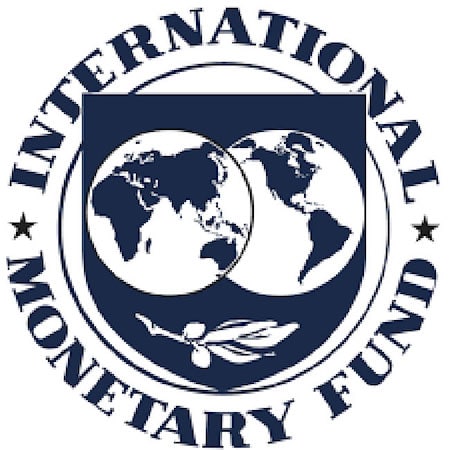The International Monetary Fund (IMF) has expressed dissatisfaction over the role played by Nepal Rastra Bank to ensure stability of Nepal’s banking sector.
Unveiling IMF Staff Country Reports on Thursday, the watchdog of global financial stability and international monetary system has highlighted the need to ensure close monitoring of the banking system. “The capital adequacy levels are above the regulatory minima and non-performing loan ratios are at low levels, but the banking system requires close monitoring,” reads the IMF report.
The international organization has stressed on the need for proper assessment of the effects of the potential deterioration in the asset quality and rising level of loan loss provisions on the profitability and capital adequacy levels of banks due to impacts of COVID-19. There is a need for proper monitoring of effects of rising leverage on the real sector.
Although the authorities have a firm intention to gradually phase out the vulnerabilities in asset quality amid impacts of COVID-19, concrete plans based on a fuller view of potential impacts are yet to be announced. Further clarity is needed for the assessment of the health of the banking sector.
The IMF, however, has welcomed the NRB’s readiness to tighten macroprudential policies to curb credit growth and mitigate the buildup of financial vulnerabilities. “COVID-19 related support measures in the financial sector should however be gradually unwound, and the remaining ones should be targeted and time bound,” reads the report.

